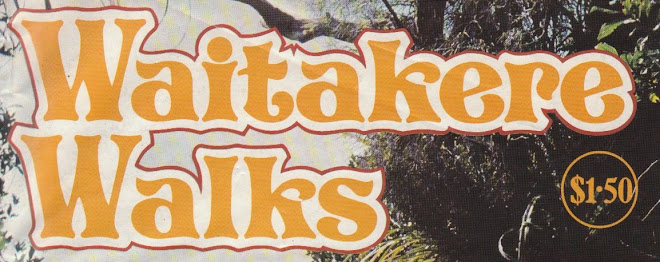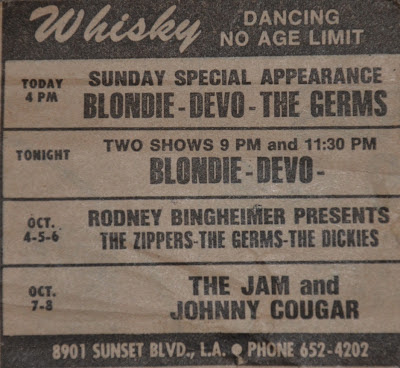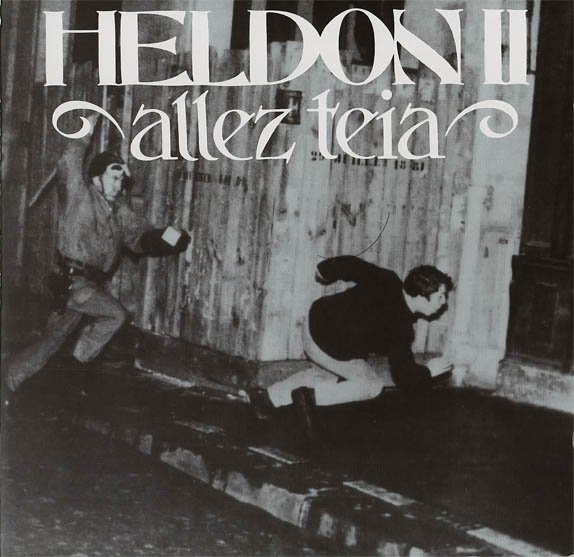On the heels of the last post of Joseph Fleury raving about the Sweet as a great singles band, here is another related post. At a benefit for Joseph back in 1990, Danny Benair dedicated a cover of John's Children's "Desdemona" to him as something they bought as kids. So, I dug this clipping out of the archive. Ah, the humility of Marc Bolan! According to Marc, it only took him 25 seconds to write "Desdemona"! I believe him. And I kinda like the idea of artists reviewing their own work when their egos are as large as Marc's! What would M.E. Smith make of it all? As Marc states that the lyrics are "all rather complicated and difficult to explain" ("Lift up your skirt and fly"), I feel you need to read it as prose to truly enjoy Marc's lightening fast process. Also enjoy the Marsha Hunt cover of "Desdemona" which is a great story in and of itself according to Tony Visconti.

Desdemona just because you're the daughter of a man
He may be rich, he's in a ditch, he does not understand
Just how to move or rock and roll
To the conventions of the young
Desdemona - De-De-De-Desdemona - Desdemona - De-De-De-Desdemona
Desdemona - De-De-De-Desdemona
Lift up your skirt and fly
Just because my friend and I got a juke joint by the Seine
Does not mean I'm past fourteen and cannot play the game
Oh, I'm glad I split and got a pad
On Boulevard Rue Fourteen
Desdemona - De-De-De-Desdemona - Desdemona - De-De-De-Desdemona
Desdemona - De-De-De-Desdemona
Lift up your skirt and fly
Just because Toulouse Lautrec painted some chick in the rude
Don't give you the right to steal my night
And leave me naked in the nude
For just because the touch of your hand
Can turn me on just like a stick
Desdemona - De-De-De-Desdemona - Desdemona - De-De-De-Desdemona
Desdemona - De-De-De-Desdemona - Desdemona - De-De-De-Desdemona
Desdemona - De-De-De-Desdemona
Lift up your skirt and speak


















































